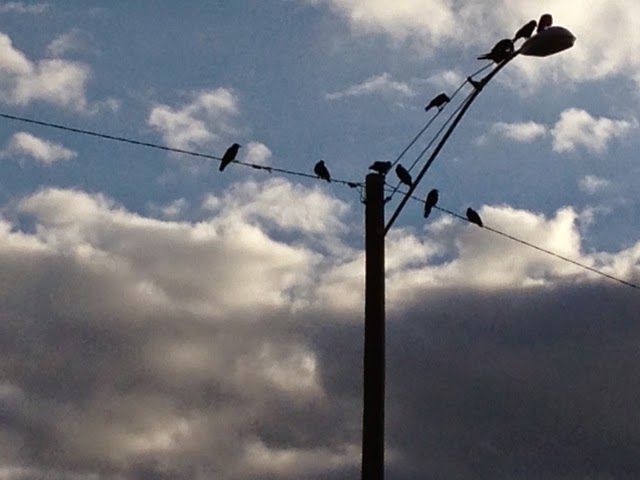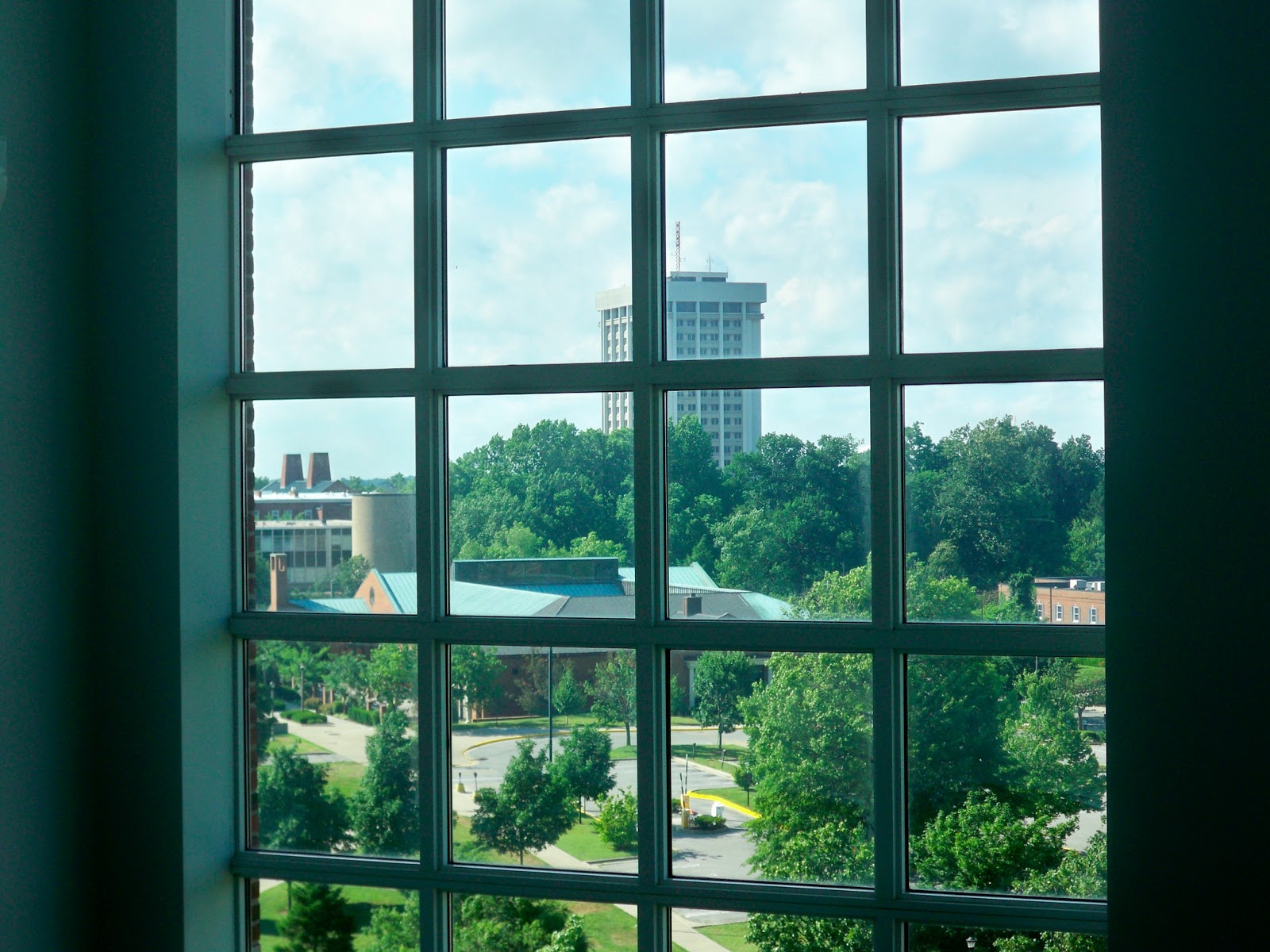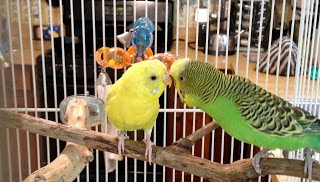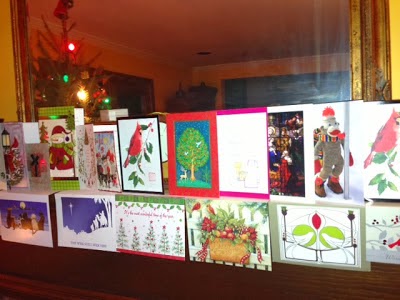Silent Cheer
I write a blog post almost every day, and I write plenty on the job. Subtract time for things like eating and sleeping and commuting, for buying groceries and cleaning the kitchen, for pulling weeds and returning books to the library.
And then take away the time for exercise, for running and walking, for bouncing on the trampoline, for tapping on Wednesday nights, for taking torturous classes on my lunch hour. All of this necessary for the health of the mind as well as the body.
And then there are the hours spent with friends and family, precious time in person or on the phone or the computer, keeping up with the people I love. And time to entertain, to meet friends for lunch or dinner. The wine of life!
All of which is to say how hard I struggle to find the time to do what I really must be doing — which is writing the other stuff, essays, perhaps even another book someday.
Every week I vow to make more time. Most weeks I come up short. But this week I’ve made it happen. I’m exhausted — and behind in other ways. But I carved out the hours.
Which is why this blog post consists of one long, sustained (but silent) cheer! Why silent? I don’t want to raise too much racket, you know. That might jinx it!





